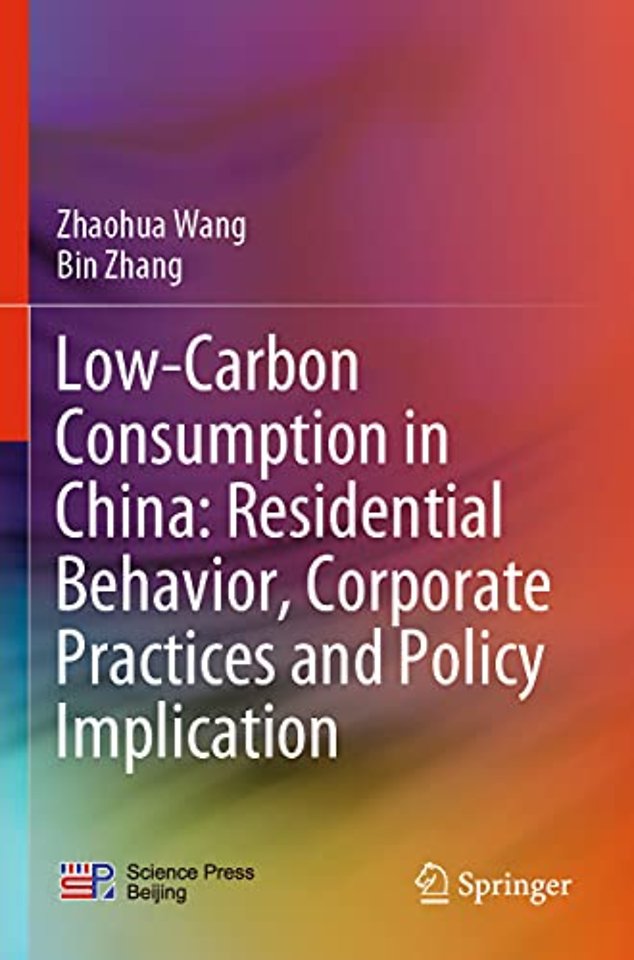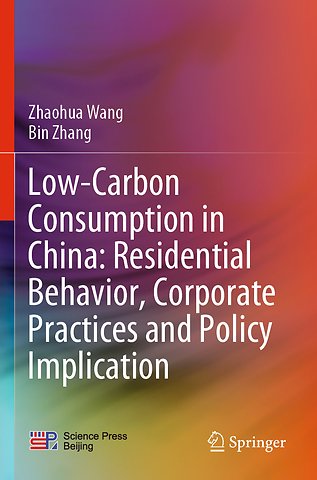Low-Carbon Consumption in China: Residential Behavior, Corporate Practices and Policy Implication
Paperback Engels 2021 9789811527944Samenvatting
This book explores China’s low-carbon consumption in the context of residential behaviour, corporate practices and policy Implication. It first calculates the carbon and ecological footprints of residential consumption, including both direct and indirect emissions, before discussing Chinese residential behavioural aspects and determinants of electricity saving, low-carbon transportation, low-carbon product purchasing, and e-waste recycling. The authors then investigate the relationship between industrial growth and carbon emissions, using the example of the iron and steel industry to examine the motivation for energy intensive industries to reduce carbon emissions. They also consider energy efficiency and inter-company collaboration on carbon emission reduction. Lastly, the book describes the major low-carbon policies in China and their impact, economic cost and public acceptance.
Specificaties
Lezersrecensies
Inhoudsopgave
Rubrieken
- advisering
- algemeen management
- coaching en trainen
- communicatie en media
- economie
- financieel management
- inkoop en logistiek
- internet en social media
- it-management / ict
- juridisch
- leiderschap
- marketing
- mens en maatschappij
- non-profit
- ondernemen
- organisatiekunde
- personal finance
- personeelsmanagement
- persoonlijke effectiviteit
- projectmanagement
- psychologie
- reclame en verkoop
- strategisch management
- verandermanagement
- werk en loopbaan

